Environmental Summit unites campus climate groups
May 1, 2023
View this post on Instagram
Tulane Undergraduate Assembly’s Sustainability and Divestment Committee hosted the first Tulane University Environmental Summit in March in an effort to bring campus organizations together to tackle environmental issues around the university.
The summit was a group discussion, and SDC representatives relayed information to TUA. It was later open to questions.
Approximately 30 representative organizations were present, including TUA’s SDC, Sunrise Tulane, Green Club, Trash to Treasure, Earth Science Club, Wave Center for Policy and Enterprise, Food Recovery Network, Students Against Food Insecurity, Office of Sustainability and Crawfest, according to an Environmental Summit press release.
Environmental Summit President Sahil Inaganti said a uniting power is important because environmental issues “[affect] everyone, regardless whether you’re interested in it.” Summit leaders said that educating the student body about environmentalism is key because climate issues matter for a wide range of subjects.
Emerson Jacobson, senior SDC member and summit organizer, started the brainstorming session by stressing the importance of an alliance between environmentally focused individuals.
“One thing we want to do is try and create a community of environmental organizers at Tulane,” Inaganti said. “ [It] makes it easier for students interested in this to come and join us.”
Tulane Environmental Summit encourages students of all majors to join their conversations.
“You don’t have to have any prior experience,” Inaganti said. “Just show up and get involved right away.”
Jules Hanisee, sophomore delegate for the SDC, said she is concerned about Tulane’s involvement with fossil fuels.
“I believe that there are so many different ways for students to get involved that reduces their carbon footprint,” Hanisee said. “But divesting from fossil fuels is something that Tulane needs to do as an institution because carrying on in this way is completely unsustainable.”
















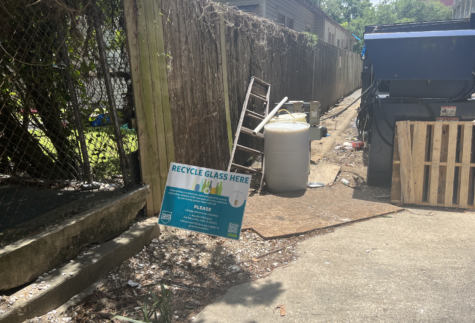
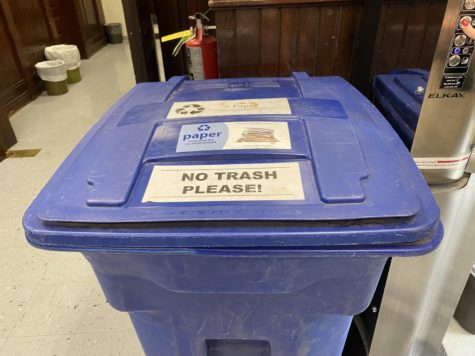
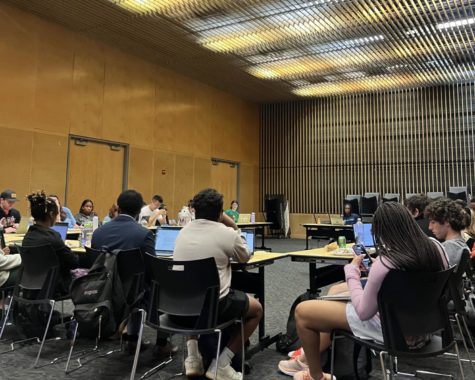
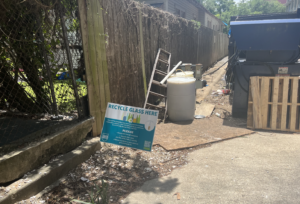

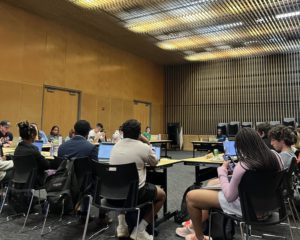






Leave a Comment